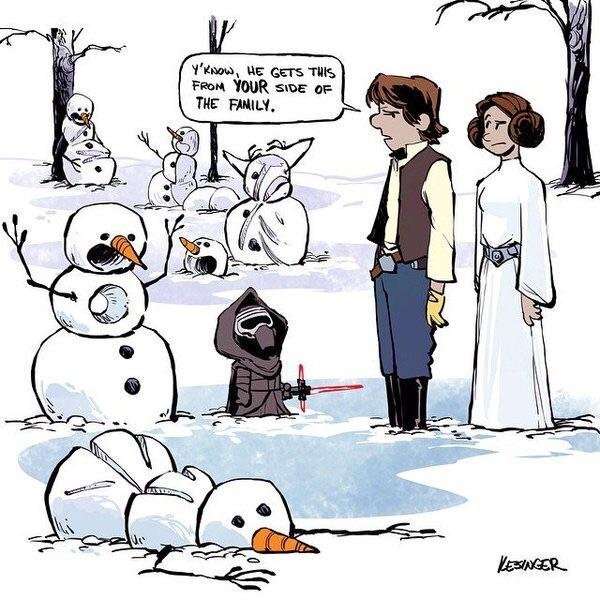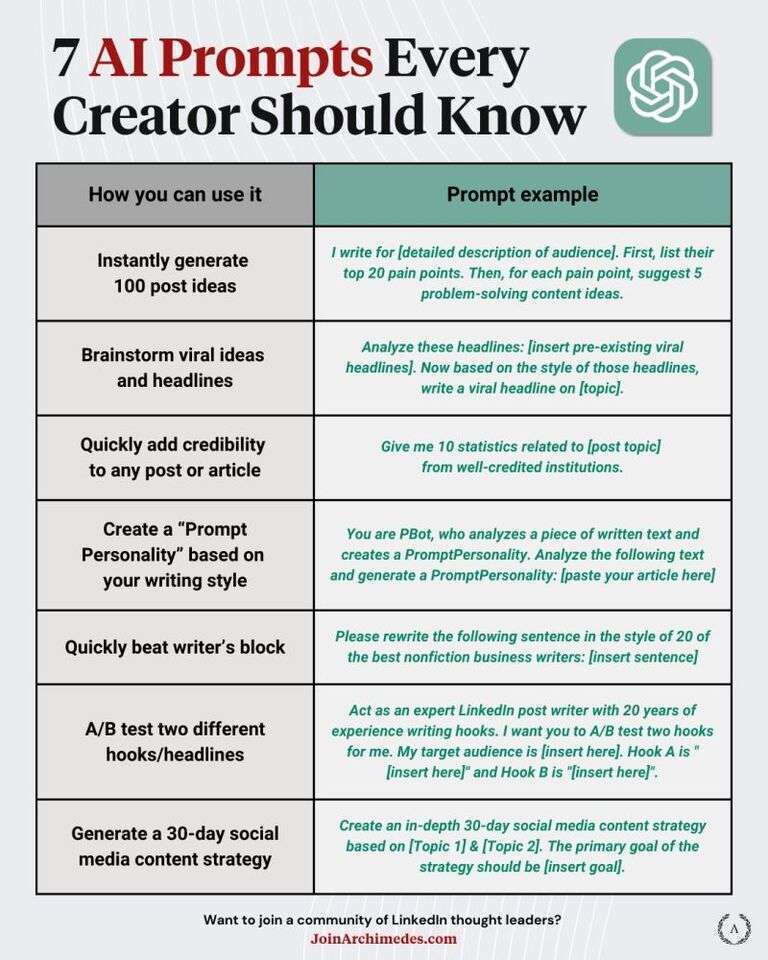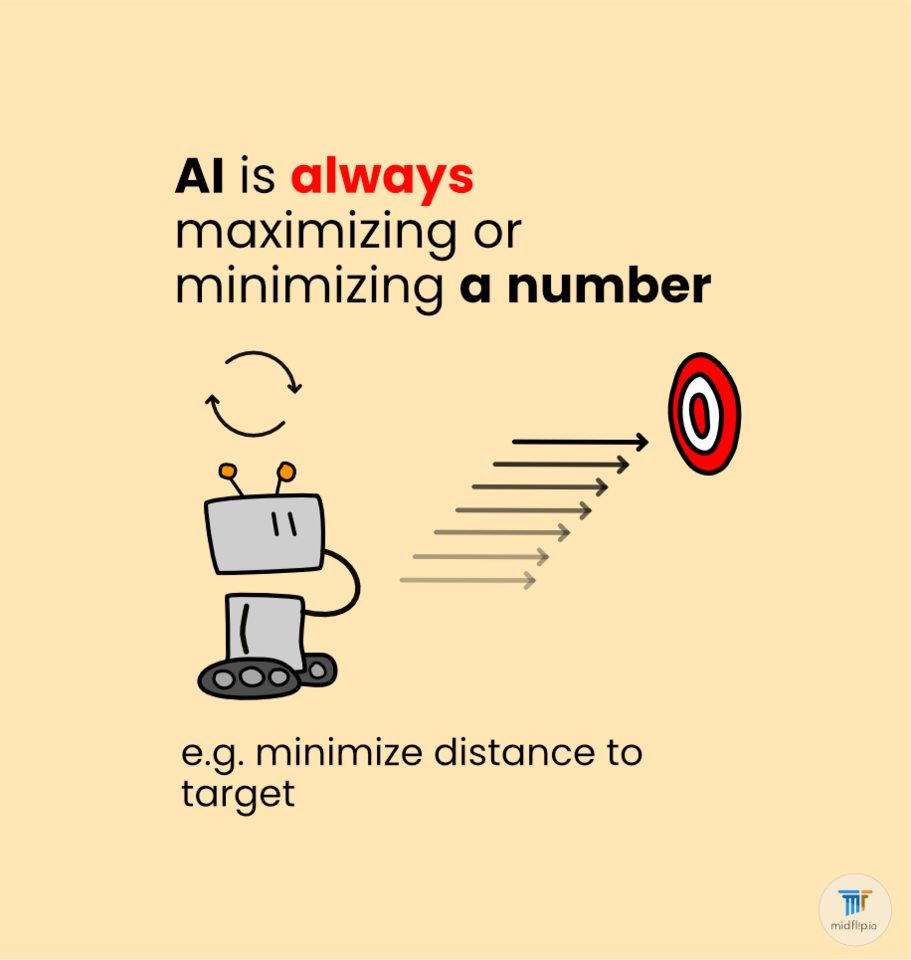This is non-scientific! These are just my observations. Feel free to build upon this, but I suggest keeping it fun, keeping it light. If you know some related story tropes, psychology, neuroscience factoids feel free to jump in and write a rival text.
We will be describing different tropes of intelligence. These are snapshot stereotypes. These different types of intelligence tend to arise due to the individuals genes, needs and situation. But keep in mind the world is made up of gradients not binaries. We all have elements of all of these.
Street Intelligence
These people had problems to solve when they were young. They learned quick that the world can get tough. Exact causes are diverse… but it often involves sad stories.
These people are very aware of the present social situation. They are aware of other’s motives. They know who is friends with who, and who doesn’t like who. They can pick up on social trouble very easily. Unfortunately this type of intelligence is often paired with an internal fear which holds these people back.
The evolved form of street intelligence has delt with their fear. They have found away to be exploratory and playful. They then have a unique set of social tools that allows them to go far.
Attention Intelligence
Some individuals grew up seeking attention and actually figured out how to get it. These are the attention smart. There are many varied strategies to get attention. Unfortunately many of them backfire over time. However, executed well these strategies can reap massive benefits. (You may even end up being president!)
You would think this type of intelligence requires good social awareness… but actually the opposite tends to be true. Too much social awareness holds these people back. Instead these people tend to look inwards and find strategies to best present those internal qualities.
Diplomat Intelligence
Keeping the peace is a learned skill. Some people get pretty good at it. Generally these people learn from mitigating family struggles. They have a low tolerance for conflict, and find themselves working ahead of time to keep that conflict down. This requires a good amount of social intelligence… and a lot of energy.
These people tend to get burned out quickly. They often lose faith in the people around them, when they realize that they are putting more work into maintaining social bonds then anyone else.
The diplomatically smart need to learn that they are not responsible for others. They also need to learn that sometimes conflict is required.
Nurture Intelligence
Nurture intelligence arises when a person becomes responsible for another. They become attuned to the other’s needs and feel rewarded when the other is happy. This selflessness is beautiful and dangerous. It most often arises from a parent-child relationship, or a big-sibling / little-sibling relationship.
It is a skill to empathize and address another's needs and wants. These individuals generally develop a lot of empathy and social intelligence. But to do it well you have to address the entire hierarchy of needs. From basic, to safety, to social, to esteem, and to self-actualization. Note, that to address the highest needs the caregiver must let go! This allows the other person the room to become their own individual. This can be very hard for the caregiver, but it is the ultimate evolution of this form.
Boldness Intelligence
There are many (many) situations where it is not the most clever, but the most bold who wins. There is thus a type of individual whose entire strategy is to recognize the situations where they should be bold, and then confidently stride forward.
Its a simple and effective strategy. The real difficulty in implementing it is that you must have the internal confidence to follow through. People are very good at detecting fakers. This means that the best people to implement this strategy are those who have real world success OR those who are internally blind to their own shortcomings.
Procedural Intelligence
These people grew up doing stuff with their hands. They learn procedures. First do this, then do this, then do that. For different situations they have known and practiced responses.
This is a very general form of intelligence. Any child that has plenty of play may develop this angle of intelligence.
Procedural intelligence is very flexible. Farmers often form a procedural intelligence. They become experts at physical processes, and become very aware of their physical surroundings. In contrast, computer scientists also display a powerful type of procedural intelligence. They become experts at understanding systems and how various steps add together to produce an output.
One problem with this intelligence is that it can be blinding. The procedurally intelligent find this strategy so generally useful that they ignore other strategies. Social awareness can be forgotten. Other angles become hard to see. The second problem with Procedural intelligence is that it encourages habitual behavior, making change difficult.
Book Smart Intelligence
The book smart optimize learning from others. This can be a powerful meta strategy.
Stereotypically this develops in the oldest child as they attach their identity to school reports and other external validation metrics. In an effort to reach these societal standards they become good at learning esoteric details. As the name suggests, the individual often starts learning from external resources, such as books.
This is a great strategy for school, but it has a few fatal flaws. First these people are deriving self-worth from external validation. When life inevitably presents hardships or unfavorable comparisons, this personality type can spiral. Second, people with book smarts often ignore other types of intelligences. They then are rather surprised and frustrated when people who are not as book smart are promoted over them.
The best form of book smart intelligence first let's go of external validation. They learn because they want to. They learn because they find learning fun. Second, the best form of book smarts turns their attention to other forms of intelligence. They broaden their ideas of what is smart. They become well-rounded.
Creative Intelligence
While the book smart learns from external sources, the creative looks internally. This is a whole different ball game.
First off, creative intelligence is not procedurally copying or learning from others. While this is a great tactic that all creatives should sometimes embrace, this is not the essence of creativity.
Creativity is trial and error. It is the breaking down of concepts or tactics, and then the combining of them in a different order. It is being playful and exploratory. With lots of time, this playful exploration, this break down and combination, produces a unique and expert understanding of the field.
However creativity is a high risk, high reward strategy. It has a major pitfall. Most creatives work towards some internal measurement of success. They will happily work alone on a project for long extended periods of time. However the mind can play tricks on you. The creative gets lost within their own work… so much so that they miss glairing issues and problems.
The best form of creative intelligence is the person who knows how to receive external feedback. They listen to the people with the more grounded forms of intelligence in order to keep their own aim true.



Hot comments
about anything